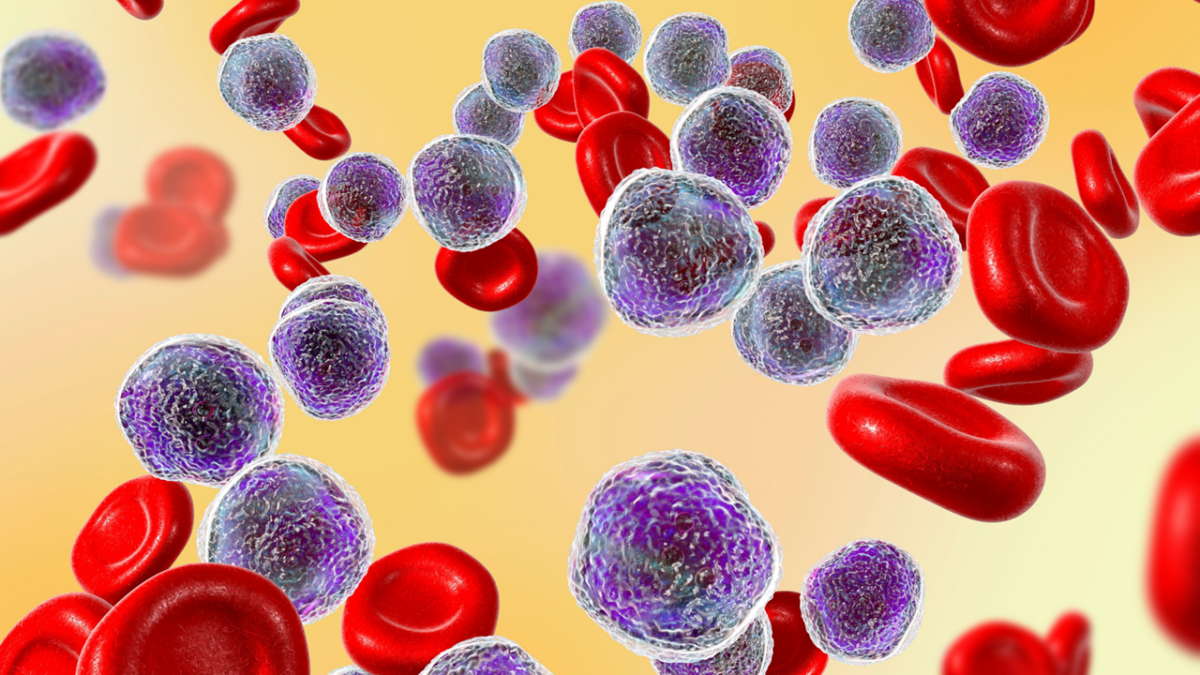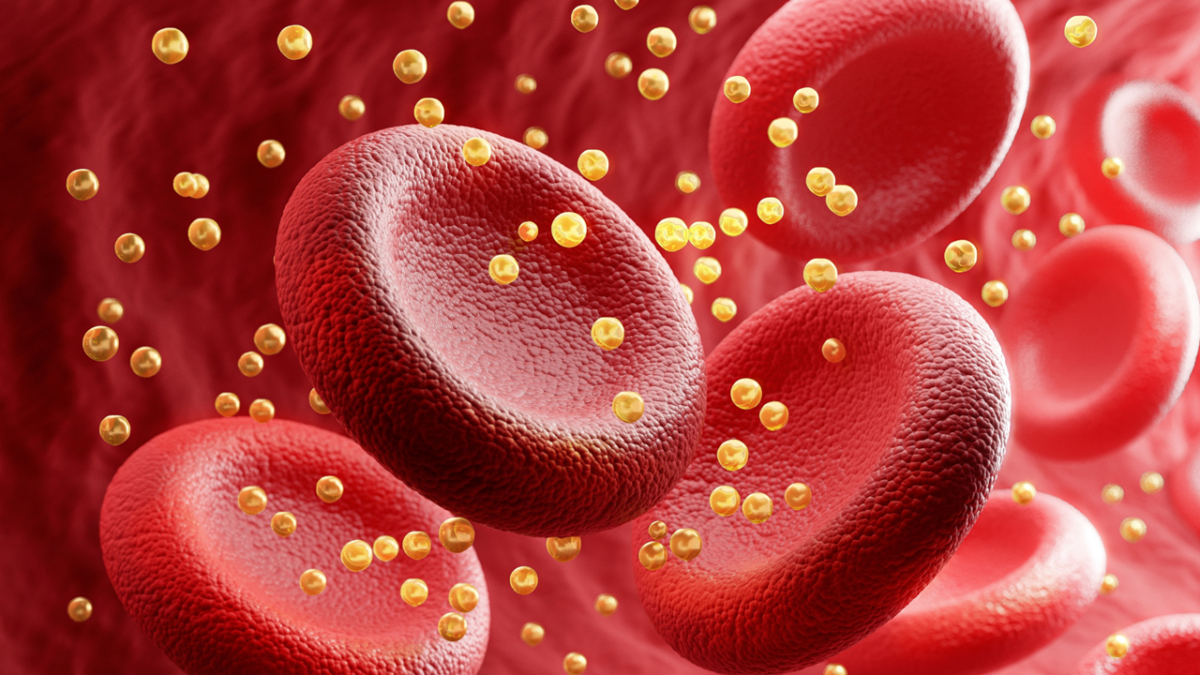Global biopharmaceutical company AstraZeneca is looking to expand their portfolio of cancer drugs that act on the DNA repair mechanisms in cells. The company believes that this drug class shows promise, and that AstraZeneca is leading the pack when it comes to the emerging oncology field.
According to Pascal Soriot, CEO of AstraZeneca, DNA damage response (DDR) drugs have been underappreciated by investors, but oncologists have been touting the field’s potential. Last year, researchers from Sweden, Turkey and the US won the Nobel Prize in Chemistry for their work on cell repair mechanisms for DNA damage.
Building on their understanding, AstraZeneca recently launched a DDR drug called Lynparza. The drug – which was approved by the US Food and Drug Administration (FDA) in 2014 – blocks the DNA repair mechanisms used by replicating tumor cells, causing them to die.
The drugmaker plans to present early data from their research on combining multiple DDR drugs at the American Society of Clinical Oncology annual meeting in June. AstraZeneca has been working on combining Lynparza with an experimental WEE1 inhibitor, another drug designed to disrupt DNA repair mechanisms.
“It’s early days but if this works we believe we could end up treating up to 40 percent of patients with ovarian or breast cancer and, importantly, we also have very strong pre-clinical results in lung cancer,” Soriot told Reuters. “We are not only first but we are going to be first and alone for a time in DDR because there is nobody else that has this portfolio … we will have something quite unique.”
Immuno-oncology drugs – therapies that use the body’s immune system to target and destroy tumor cells – have been the primary focus of cancer researchers lately, with Bristol-Myers Squibb, Roche and Merck surpassing AstraZeneca in this field. Despite its slow start, AstraZeneca hopes its durvalumab and tremelimumab combination therapy, will help it secure a place in the immuno-oncology market.
According to Soriot, the company should see clinical results of the combination therapy’s ability to slow lung cancer progression early next year. “We’ll have our overall survival data by Q2 or Q3 next year,” he said. “If our study in lung cancer is positive, the view people have of the company will change completely.”












Join or login to leave a comment
JOIN LOGIN